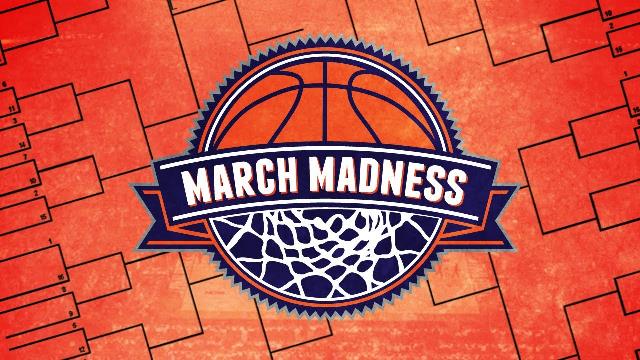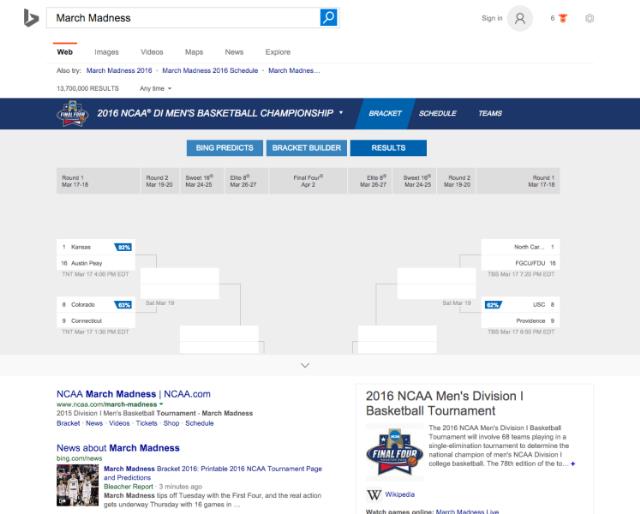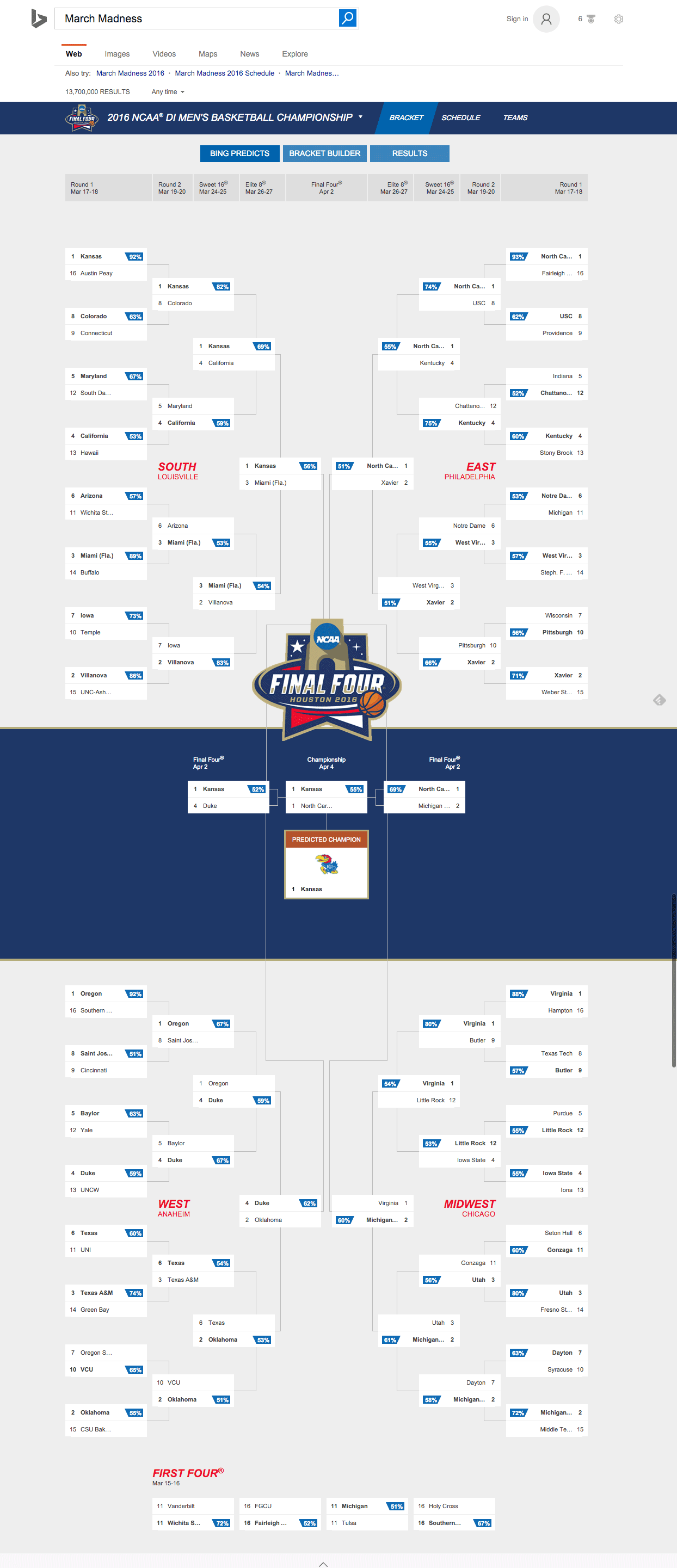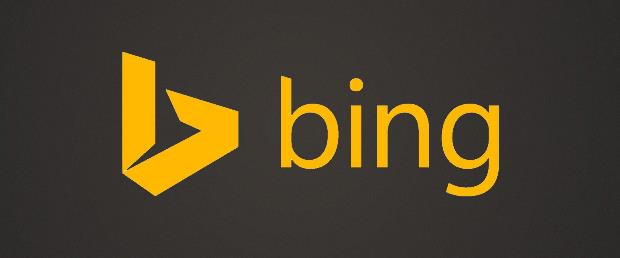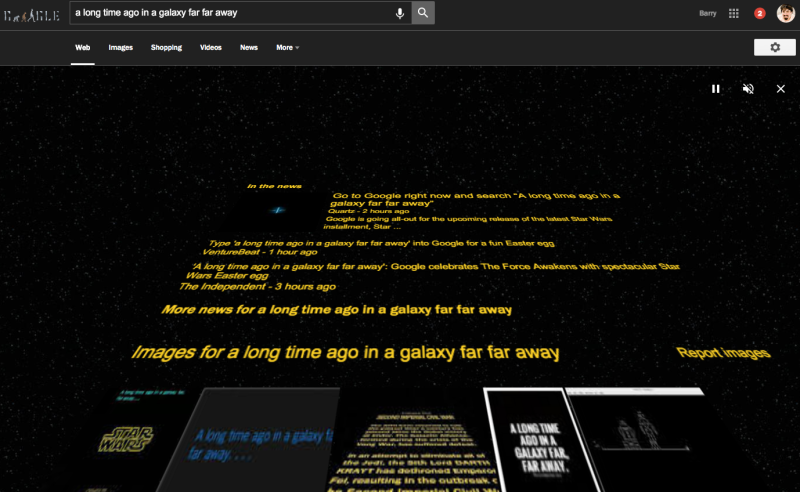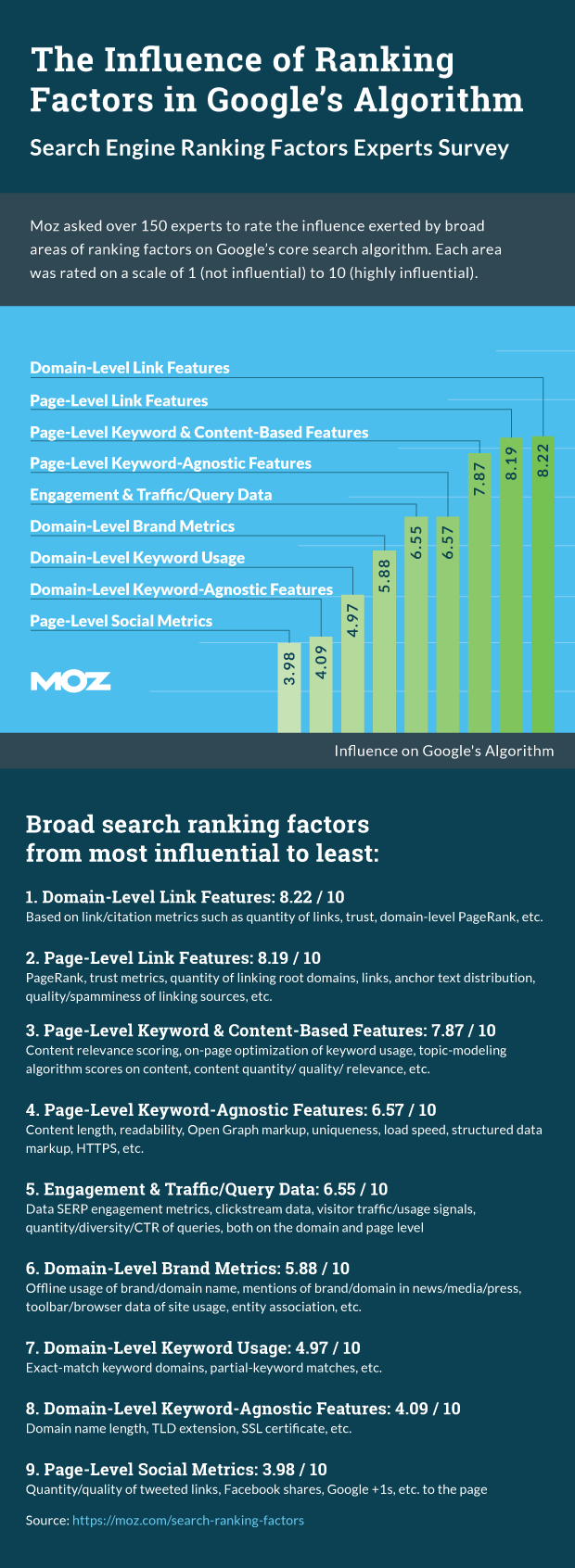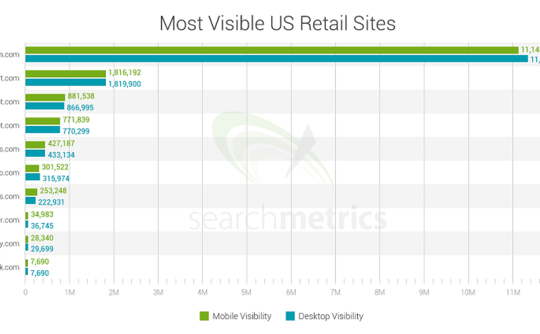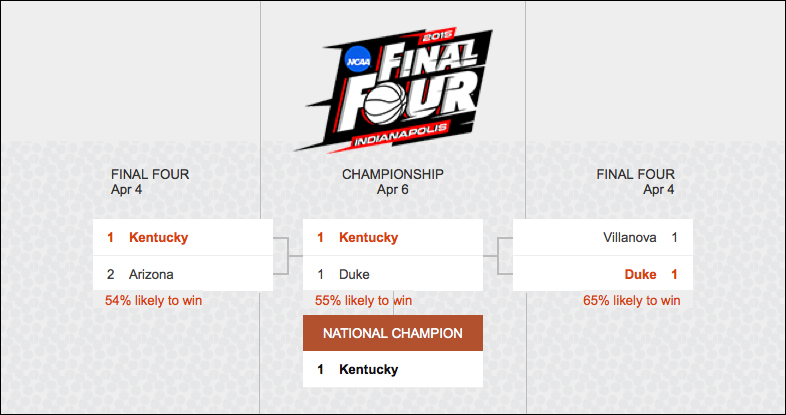Google has confirmed it is finally bringing near-endless scrolling to its desktop search results. Not only will this make the desktop search experience more similar to the mobile search experience, it will also make users more likely to see and engage with more search results.
The new continuous search experience is currently rolling out for desktop search results in the United States and is likely to be expanded to other markets in the coming months.
As the search engine confirmed in a statement to Search Engine Journal, this is not quite endless scrolling. Instead after approximately six pages worth of URLs before showing users a prompt allowing them to see “more results.”
“… we’re bringing continuous scrolling to desktop so you can continue to see more helpful search results with fewer clicks. It’s now even easier to get inspired with more information at your fingertips.
“Now, when you scroll down you’ll continue to find relevant results so that you can discover new ideas. When you reach the bottom of a search results page, up to six pages of results will be automatically shown until you see a “More results” button if you wish to continue further.”
While users may like this because it brings a more seamless experience and gives them more options without interruption, this also gives Google more space to include snippets, ads, rich media, and other features without completely crowding out organic search listings.
Brands languishing past the first page of search results will likely see a slight boost in traffic as their visibility increases.
On the technical side of things, very little will be changing. There’s no need to change optimization strategies and this update will not affect reporting in Google Search Console because this tool tracks ranking positions, not what page you appear on.

